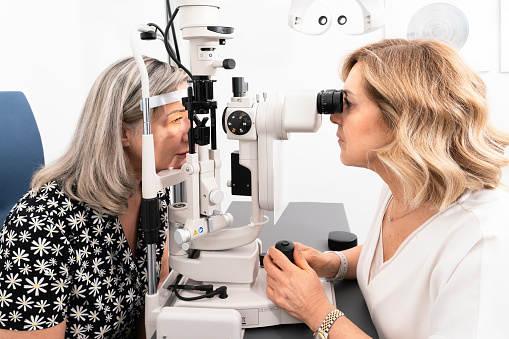Macular Degeneration: Causes, Symptoms and Treatments

Macular degeneration is a medical condition that affects the macula, which is the central part of the retina in the eye. The macula is responsible for sharp, central vision, which is crucial for tasks like reading, driving, and recognizing faces. In macular degeneration, the macula deteriorates, leading to a gradual loss of vision. There are two main types: dry macular degeneration, which involves the slow breakdown of light-sensitive cells in the macula, and wet macular degeneration, which is characterized by the growth of abnormal blood vessels under the retina that can leak fluid and cause rapid vision loss. While macular degeneration does not cause total blindness, it can significantly impair central vision, making it difficult to perform daily activities.
Age is the primary risk factor, with the condition most commonly affecting people over 50. There is currently no cure, but treatments are available to help slow the progression, especially in the wet form of the disease.
To learn more about age-related macular degeneration from a helpful piece by AARP, including causes, symptoms and treatments, CLICK HERE.
